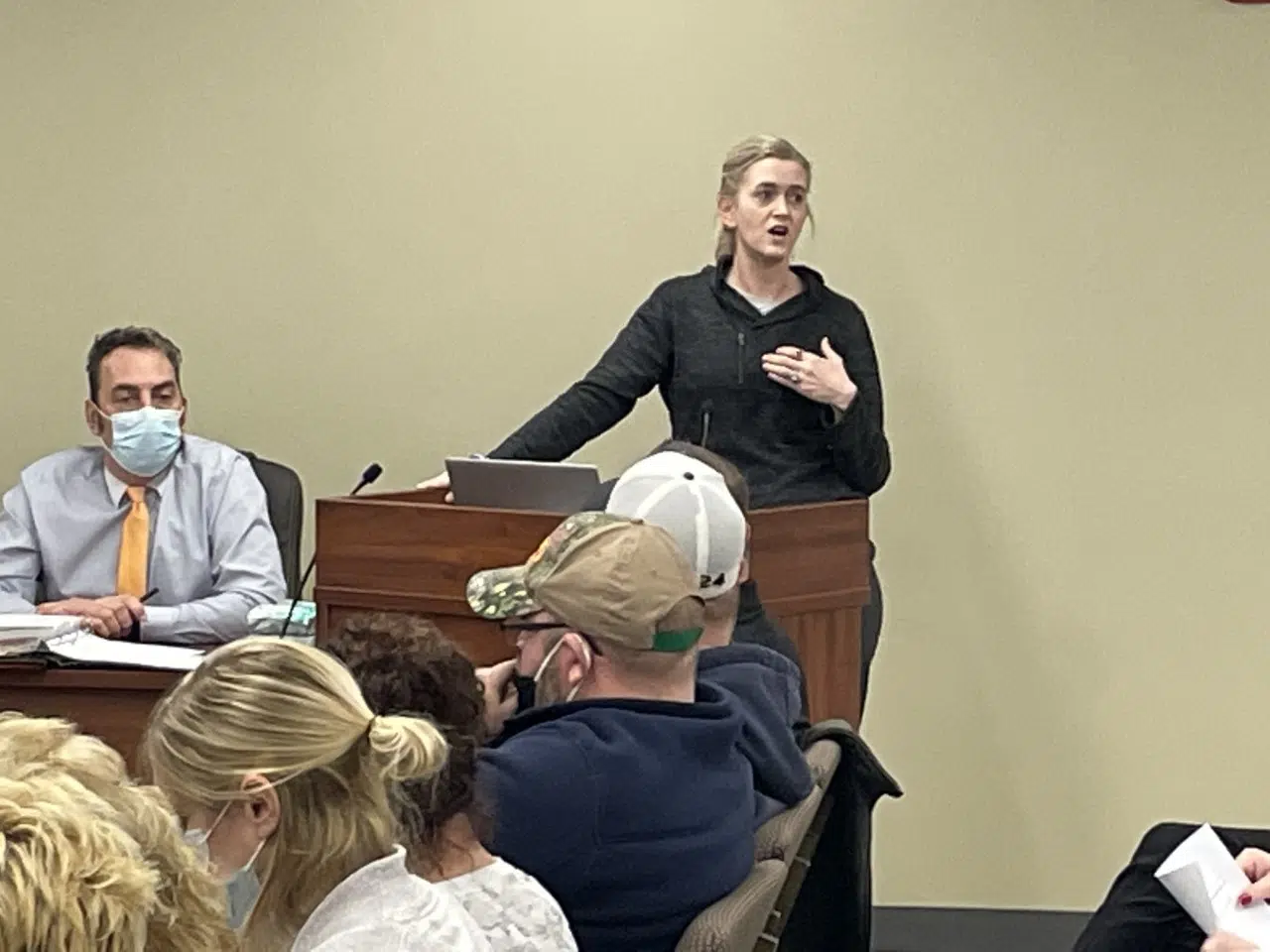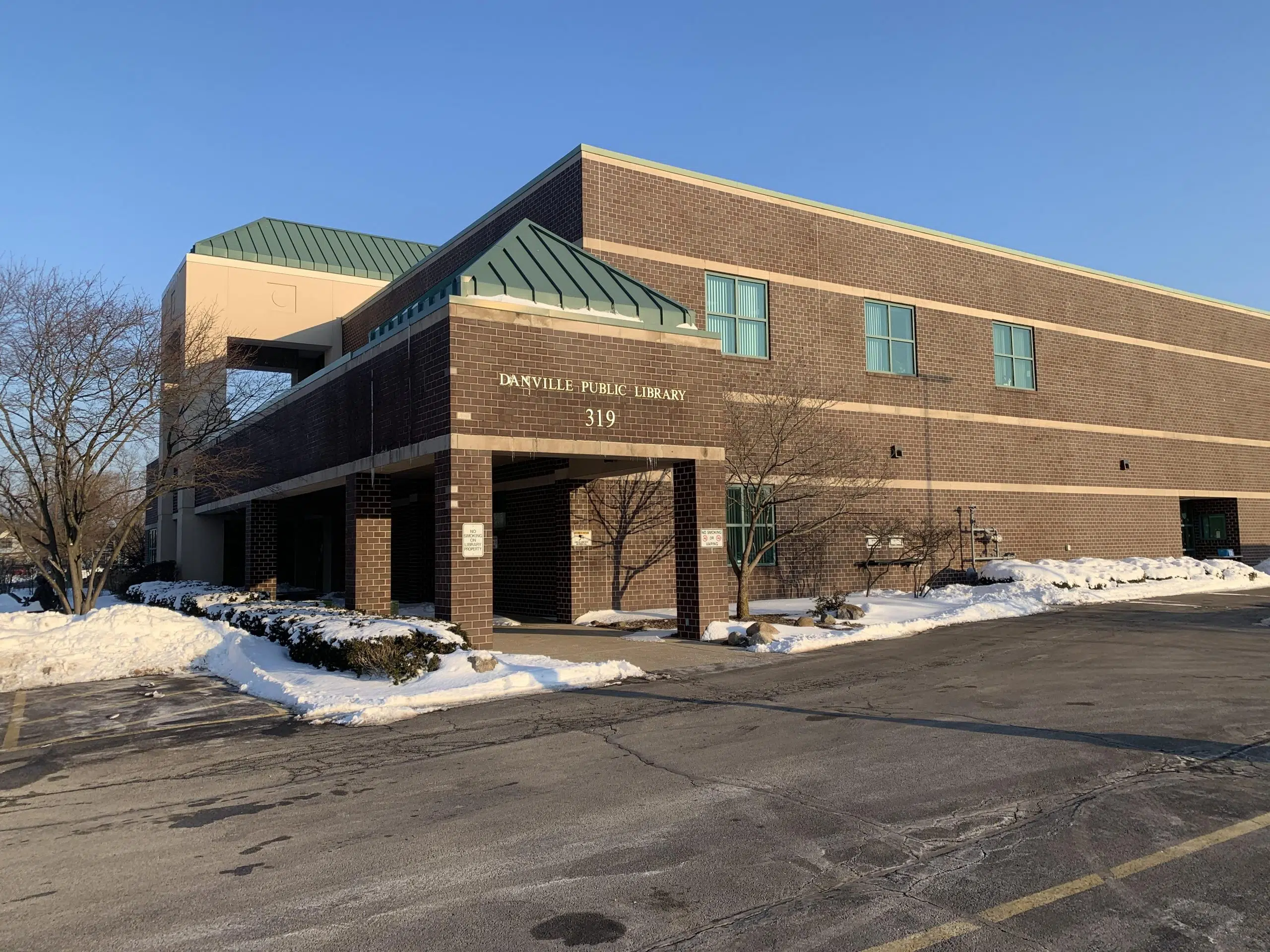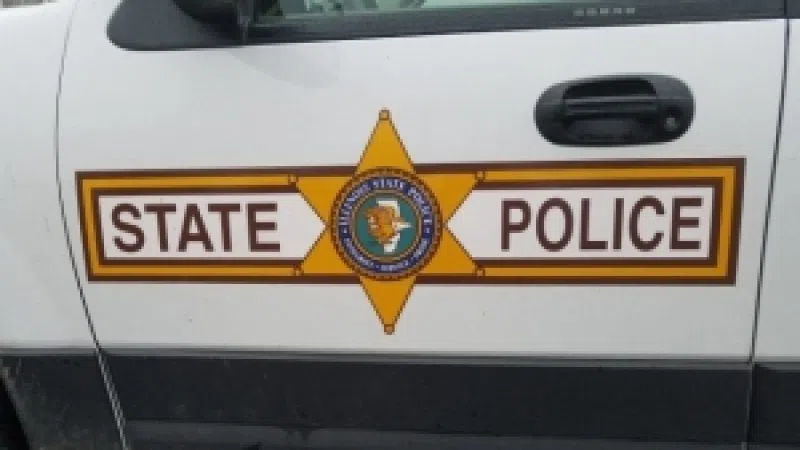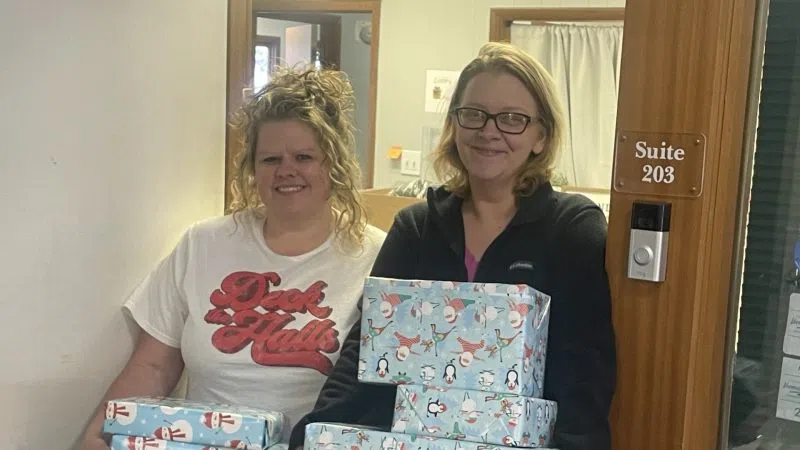An answer to the question “What happens in Illinois the next time there’s a pandemic?” could come from the State Supreme Court this coming fall. Danville attorney Bethany Hager has been representing some Danville District 118 teachers who objected to required COVID vaccinations or required COVID testing to stay on the job. While they are not actual plaintiffs in the case making its way to the Illinois Supreme Court, other clients of Hager’s are.
AUDIO: I have a teacher from Piatt County. I have firefighters from Pekin, Tazewell County. And then I have state employees who are really from all over the state, but that case originated in Adams County.
Hager is listed as lead counsel on the case, which has been accepted by the State Supreme Court. Right now the rules on how the case will be heard are being established. Hager needs to submit concerns by late June or early July, and the Court will respond sometime in July. The earliest this case could be heard is when the next session begins in September. Hager says this comes down to the legitimacy of Governor Pritzker’s executive order; which, as two examples, required schools to require their staffs to be vaccinated or tested; and required cities to require firefighters to be vaccinated or tested once the governor declared them health care workers
AUDIO: Are we going to allow the legislature to do its job? Or are we going to fall back again on some executive orders, and start making law and policy that way. Now the issue that’s come up is the Appellate Court said this is a question of workplace health and safety, and that’s a new interpretation, a new spin on this. The difference is, with a workplace health and safety issue, it’s employer by employer deciding what policies to put in place.
Hager says, for the most part, many parents around the state; including ones she was representing in Hoopeston, objecting to kids having to wear masks in school, have dropped their cases now that the kids are unmasked. But when it comes to school personnel, firefighters, and state workers; many of them have kept their cases alive because there is so much concern about, “What happens next time?”












